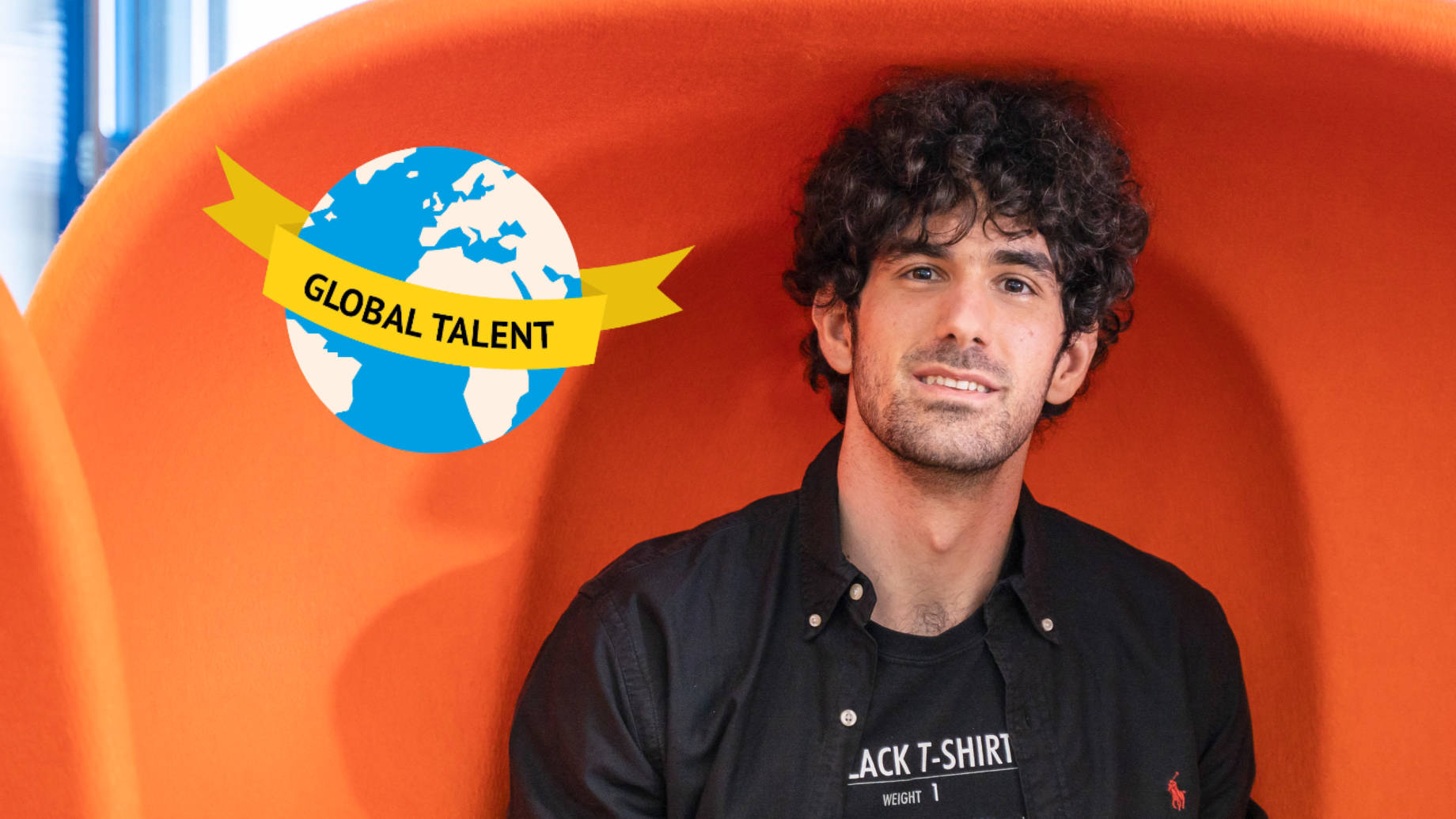
Before the exchange
Get to know your destination — the country, city and university or place of practical training — in advance. There will be a lot of useful information on the host university’s website. We have put together a comprehensive package of things that you should check out before the exchange.
Check-List
Documentation in order (application papers)
- Visa conditions?
- Valid passport!
- Kela – both “Opintotuki” and Health Insurance Card
- Vaccinations and insurance in order
- Practical issues both in Finland and abroad (inform Kela and the Digital and population data services agency that you are going abroad (tilapäinen oleskelu!)
- Copies of important papers (passport, learning agreement, …)
- Planning to work abroad? Check regulations (visa, Kela…)
- Find out more about where you are going: the town, the country, what to do and not to do…
Learning Agreement – your study plan abroad
Once you have been accepted by your study program to go abroad, then the international coordinator will nominate you to the University. After this, you will start the application process to the University abroad. Usually, this means, that you will fill out an application form, send them your transcript of records (ToR), and fill out a Learning agreement (LA). The LA is your study plan abroad, which is a commitment between you, Centria, and your host University.
You are expected to study at least 25-30 ECTS credits/semester during your stay abroad.
When preparing your exchange, you should carefully plan what courses you will be taking at your host university. Take courses that fit your study plan, but also choose courses that will offer you an edge, a way to stand out, something that interests you in particular! Remember to also learn about the country you are going to (culture, language).
If issues arise during your time abroad, be in touch with your home university.
Forms
Erasmus+ programme:
- Erasmus+ Grant application
- Learning Agreement for studies
- Learning Agreement for practical training
- A certificate of studies
- Additional support for students with children
Overseas programme
Insurance and Visa issues
Centria’s students need to have insurance during their study abroad. EU-nationals are covered by Centria’s insurance, non-EU-nationals need to buy private insurance.
Erasmus
- Health insurance is compulsory while on a study exchange.
EU-nationals
- The health insurance is covered with the European Health Insurance Card, (EHIC).
- Finnish students can order the card from here
- Other nationalities need to contact their national social security provider.
- With the card, you receive medical treatment in another member state free or at a reduced cost, if that treatment becomes necessary during the visit (for example, due to illness or an accident), or if you have a chronic pre-existing condition that requires care.
Overseas
- EU-nationals are covered by Centria’s insurance with Lähitapiola.
- The insurance coverage begins when the exchange begins and ends when you are back home in Finland.
Insurance no. 353-3870661-S
- Medical assistance: No limit
- Permanent disability: EUR 16 189
- Compensation in case of death: EUR 16 189
- Luggage insurance: EUR 337
- Travel liability insurance: EUR 168 188
- Legal expenses travel insurance: EUR 8 410
Family members are not included. A copy of Centria’s travel insurance certificate is found here.
In urgent insurance-related matters please call +358 800 0 4531 for assistance.
Visas, residence permits, and registering yourself abroad
If you are an EU national and are heading to another EU country, you do not need a visa. However, you will have to register yourself at the local authorities as you will last more than 3 months. You should check with the local authorities where you should go (in Finland, you can do it online or at the Police station, for instance).
In most cases, you will need a visa. In order to get the visa, you will need to have an invitation from the host university. You are responsible for obtaining the visa. Check the embassy of the host country for more information.
As soon as you a nominated, start looking for information about the visa situation! Some visa procedures are much longer than others.
Finnish citizens: Remember to tell the local authorities in Finland that you are going abroad temporarily. You should also inform the Ministry of Foreign Affairs that you are going abroad (matkustusilmoitus).
When you are heading to an EU country, you will most likely need a visa or residence permit in the country you are going to. Latest when you have been selected, look into what the requirements are for residents of your nationality. You will need an acceptance letter from the Host University etc.
Visit the web site of the Embassy of the host country, E.g. Embassy of Poland in Finland, and check what the requirements are for you. The international coordinator at the host university may also be able to help you with the details. The application may take a long time (several weeks or even months), so it is important to start the process early.
If your exchange is shorter than 3 months, it might be that you can use the same Residence permit for Finland, and only register to the local authorities.
You will need a visa when studying abroad outside the EU. Check the embassy website for detailed information on how to apply. In order to get the visa, you will need to have an acceptance letter from the host university, possibly documents showing your financial standing, etc. The international coordinator at the host university may also be able to help you with the details. The application may take a long time so, start the process early.
During the exchange
Check-list
- Register at local authorities when necessary
- Get the practical things sorted out: rental agreement, SIM-card, Internet connection…
- Find your way around: where the university, where are the shops, bus lines, … Figure out who is your contact people and who can help you if needed
- Take part in the orientation days, if your host university organizes them
- Tell your new friends about Finland and Centria!
- Share your story abroad with your friends back home, for instance, on Instagram use #centriaexchange to see other Centria students on exchange! Remember to tag @centriaamk
- Remember that you are in charge and responsible for your actions
- Update your Learning Agreement if you change courses!
- Get a Certificate of Stay/ Letter of Confirmation before you leave back home → signed by the coordinator at the host institution – important: exact dates!
- Figure out how and when you will get your Transcript of Records
Potential issues with courses
It may happen that all the courses previously advertised to you cannot be offered to you (overlappings, lectures not taken place, language barriers, etc.). This happens and you do not need to worry! Talk about other options with the international coordinator at your host university: other courses, book exams, projects, other degree programs.
If you are worried you will not get enough credits, contact your coordinator at Centria.
In any case, prepare a new LA with the new courses and do not wait till the end of your exchange to try to fix things!
Practical issues
The host university will give you information on how to deal with accommodation in your host country. Follow their instructions!
Remember that you are responsible for your actions abroad and also a representative of your home university.
Remember to register yourself to the local authority and at your embassy. The international office at your host institution is your point of contact (natural catastrophe, terrorist attack, etc).
Follow the given instructions. Respect the culture where you are and use common sense!
After the exchange
Check-list
- Submit the required documents to Centria (to get the remaining part of your grant!)
- copy of Transcript
- copy of Certificate of Stay
- answer the online report (Erasmus) / return the report (Overseas/China)
- Take care of having your courses and credits transferred
- Inform Kela and Maistraatti that you are back
- Participate in Return workshop in May or August
- In the long run, think about how you can use this international experience in your CV and when looking for a job (Think: curiosity, resilience, productivity!)
- Become an international tutor with COPSA!
Documents to return after your exchange
Ask the host university to sign this document just before your leave back home, it should mention the days you were present at the host university (starting from the orientation to the last day of exams). Give the certificate to your international coordinator at Centria.
You should get a transcript summarizing the courses you have taken abroad (even the ones you failed). If you are not sure when or how you will get your transcript, ask the international office of your host university. You are responsible for getting your transcript. Send a copy to your international coordinator at Centria.
You should use the AHOT form (AHOT 1 (recognition of prior learning) to transfer the courses into your degree at Centria. Book an appointment with the head of your degree program, take your transcript from abroad and the AHOT form, and discuss the transfer of your credits. Once the form is signed, take the form and the copy of the transcript to the student secretary, who will register the courses into Centria’s system.
Exhange report
Erasmus+
If you are taking part in the Erasmus+ program, you will receive an email, with instructions on how to answer the Erasmus+ reporting tool, called Mobility Tool. By accepting an Erasmus+ grant, you also commit to answering to the online report.
Overseas / China
Use the report template and send a PDF copy to your international coordinator.

Global Talent Open Badge
Global Talent is an Open Badge created by a group of Finnish universities to showcase their students’ intercultural competences.